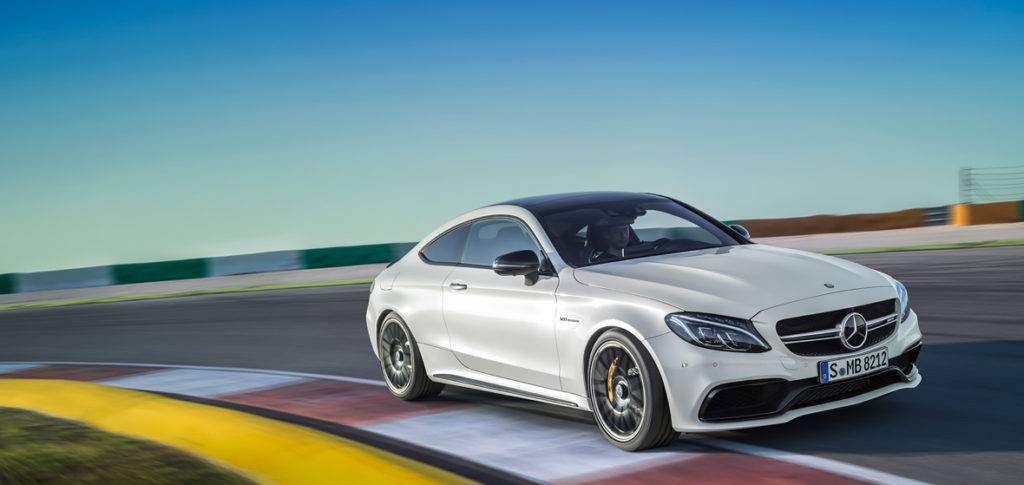Mercedes-Benz wants to have its first autonomous vehicle on the roads by 2020, but expects there will be roadblocks for the first few years as regulators and infrastructure remain in the age of human-controlled cars.
Speaking to CarAdvice at the Consumer Electronics Show (CES) 2017, Mercedes head of R&D Ola Kallenius said that it plans to reach Level 4 autonomy in three years. That means autonomous capability in every sort of non-extreme environment. In-between, there will be splashes of autonomy, but humans must still focus on the road and be prepared to take over.
See Also: Columbus’ smart city win may lead to autonomous trucks
Unlike a few other automakers, Mercedes is not ready to remove the steering wheel, even when Level 4 autonomy arrives. Kallenius sees a world where a sizeable portion of cars on the road are autonomous taxis, but another portion are owned by customers, who can take over control of the car if they want to drive.
“For personal use: if I could pay some thousands of euro more to get a chauffeur that, on a Saturday night maybe I want to go into town with my wife and have a nice dinner and have a glass of wine and I don’t want to drive after a glass of wine … Or I’m tired after a long day at work and I actually want the car to drive me home … I would buy that,” said Kallenius.
Most riders want to be able to take back control
He’s not alone, in most surveys conducted on self-driving interest, most consumers have said they would want some control over the car and the ability to take over.
It seems likely that as we move into a world of autonomous taxis, regulators will start to make it harder for humans to drive, as they pose more of a risk on the road. That could make driving a luxury, one that only a few can afford, as car ownership moves from a necessity for most to a pastime.


















